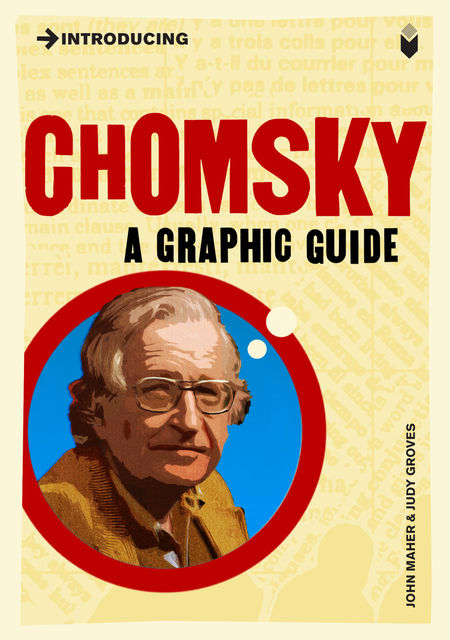
en
Hent appen:
iOS
·Android
Introducing Chomsky
Denne bog er ikke tilgængelig i øjeblikket
305 trykte sider
- Oprindeligt udgivet
- 2015
- Udgivelsesår
- 2015
Citater
- Yohanahar citeretfor 4 år sidenChomsky is interested in the question: to what extent and in what ways can inquiry in the “Galilean style” yield understanding of the roots of human nature in the cognitive domain?
- Yohanahar citeretfor 4 år sidenThere’s a view that a language is a set of grammatical expressions. That makes no sense at all, yet it’s a very common view
Another view is that language is some kind of socio-political phenomenon. It’s like the notion “region”. The world isn’t divided into regions, but we use the notion all the time because it’s useful. - Yohanahar citeretfor 4 år sidenE-Language and I-Language
Chomsky originally developed the notion of competence, which is the system of knowledge that a native speaker possesses. This cognitive system or domain is reformulated, rather differently, as I-language: a state of the mind-brain. I-language is what a child acquires when it learns language: an instantiation of the initial state. It is highly abstract, remote from ordinary behaviour and mechanisms. By contrast, E-language means external, extensional, any concept of language that is not internal to the mind-brain. So, if one refers to “Irish” as the language they talk where it is dotted orange on a map of Ireland, that’s a case of E-language. It bears conceptual resemblance but no special relation to the earlier term performance – how language is actually used. E-language relates neither to competence nor performance, which are about organisms, nor to complicated socio-political constructs.
fb2epub
Træk og slip dine filer
(ikke mere end 5 ad gangen)

